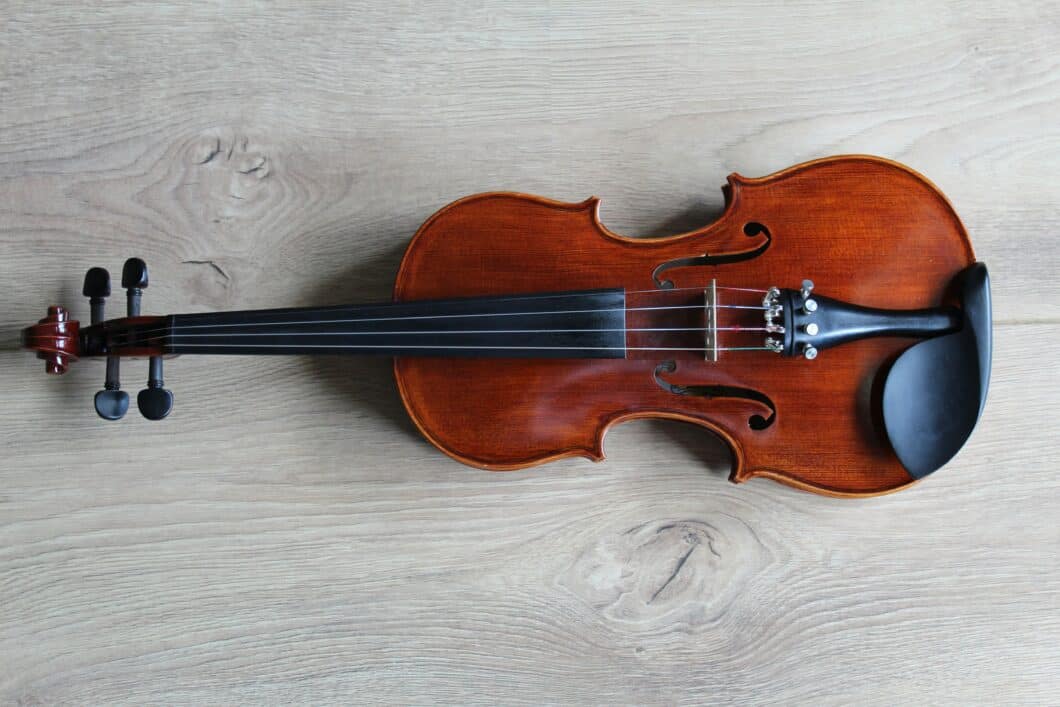After watching the Grammys a few weeks ago, I noticed a wave of discourse surrounding Beyoncé’s win and Billie Eilish being ”snubbed” for Hit Me Hard and Soft. One particular post caught my attention—it juxtaposed lyrics from HMHAS and Cowboy Carter, implying that Beyoncé’s lyrics were overly simplistic and couldn’t compare to Billie’s emotional depth.
Now, This is not a post to argue whether one artist is better than the other. Nor is it an attempt to diminish the value of either artist’s work. Art is not a competition, nor should it be reduced to a formula of complexity versus simplicity. Instead, this is an exploration of a deeper question: Does art need to be complex or highly educated to be considered “good”?
This debate isn’t new. We hear similar criticisms of Taylor Swift; her lyrics are labeled as simple, her chord progressions predictable, her musical choices lacking complexity. Yet, she continues to resonate with millions. There seems to be an unspoken belief that intricacy equates to artistic merit, that complexity is inherently superior. But is it?
I would argue the opposite.
It is far easier to make something complex sound passable than it is to make something simple sound extraordinary. To craft a song that is intricate, experimental, and layered with esoteric meaning is a skill, no doubt. But to create something so universal, so effortlessly compelling, that it embeds itself into the fabric of culture? That is an entirely different level of mastery. A melody that lingers in the subconscious, a lyric so simple yet deeply evocative, a song that connects with millions regardless of background or musical literacy; this is no accident. This is skill.
Complexity can often mask mediocrity. A piece of art filled with layers of nuance, symbolism, and unconventional structures can give the illusion of brilliance simply because it demands effort to unpack. But when something is stripped down to its most essential form, when there’s nothing left to hide behind, that’s when true artistry is revealed.
And beyond all of this, art is subjective. What resonates deeply with one person might mean nothing to another. A song that someone dismisses as forgettable might be the very song that saves another person’s life. Art is not meant to be universally agreed upon, it is meant to evoke, to connect, to challenge, to inspire.
So, the next time you find yourself questioning the merit of an award, a song’s popularity, or the impact of a piece of art, consider this: Art is not just about intellectual depth or technical prowess. It is about the way it makes people feel. Sometimes, the most profound artistic statements are the ones that don’t require complexity at all.


